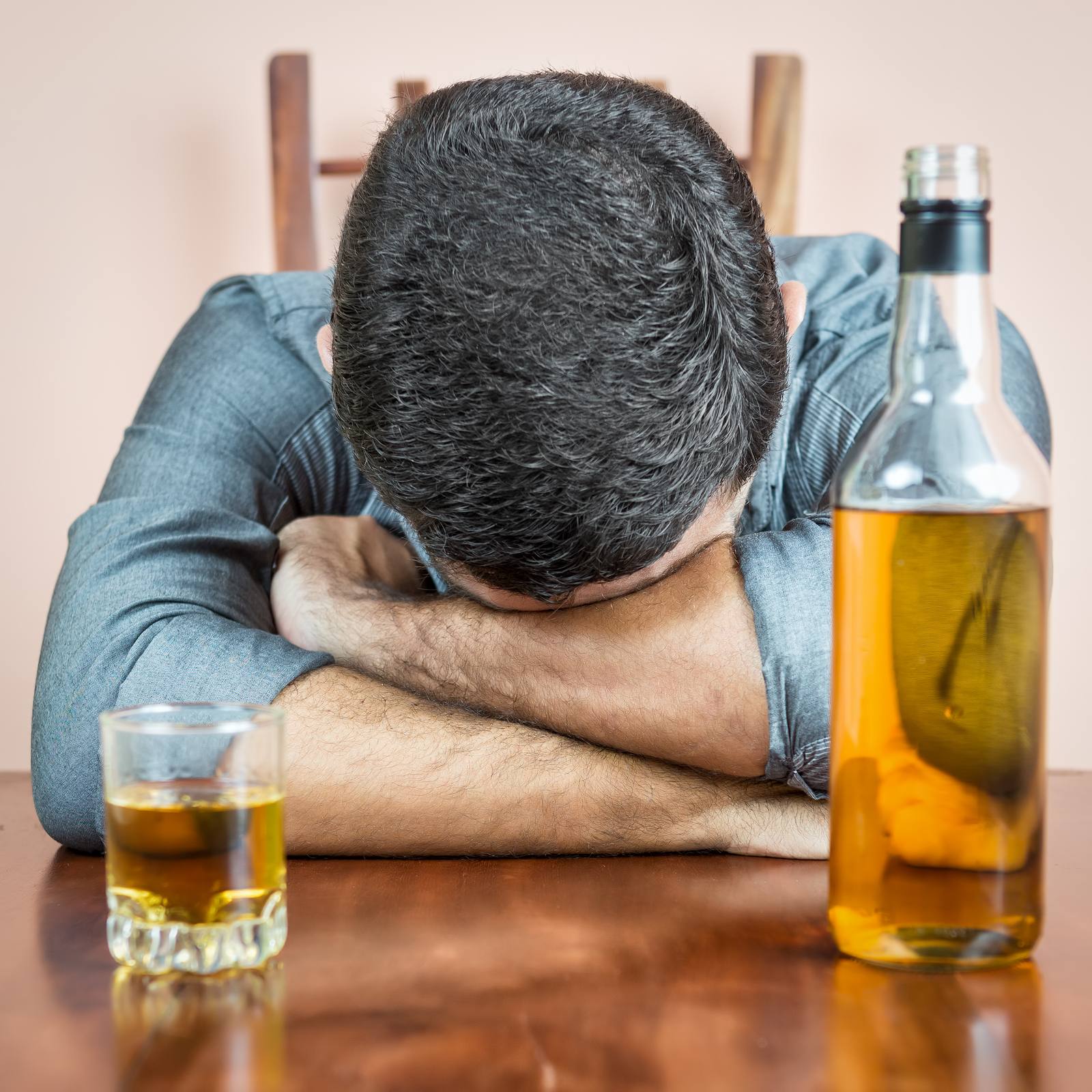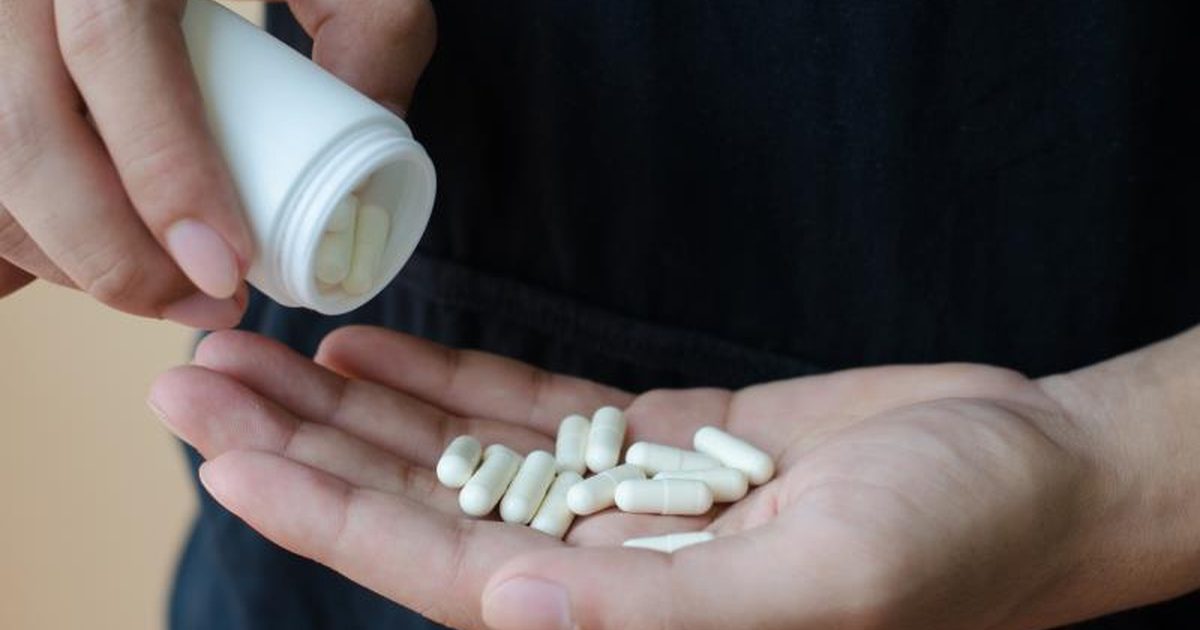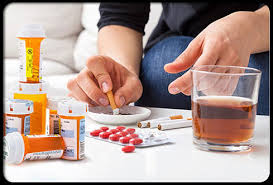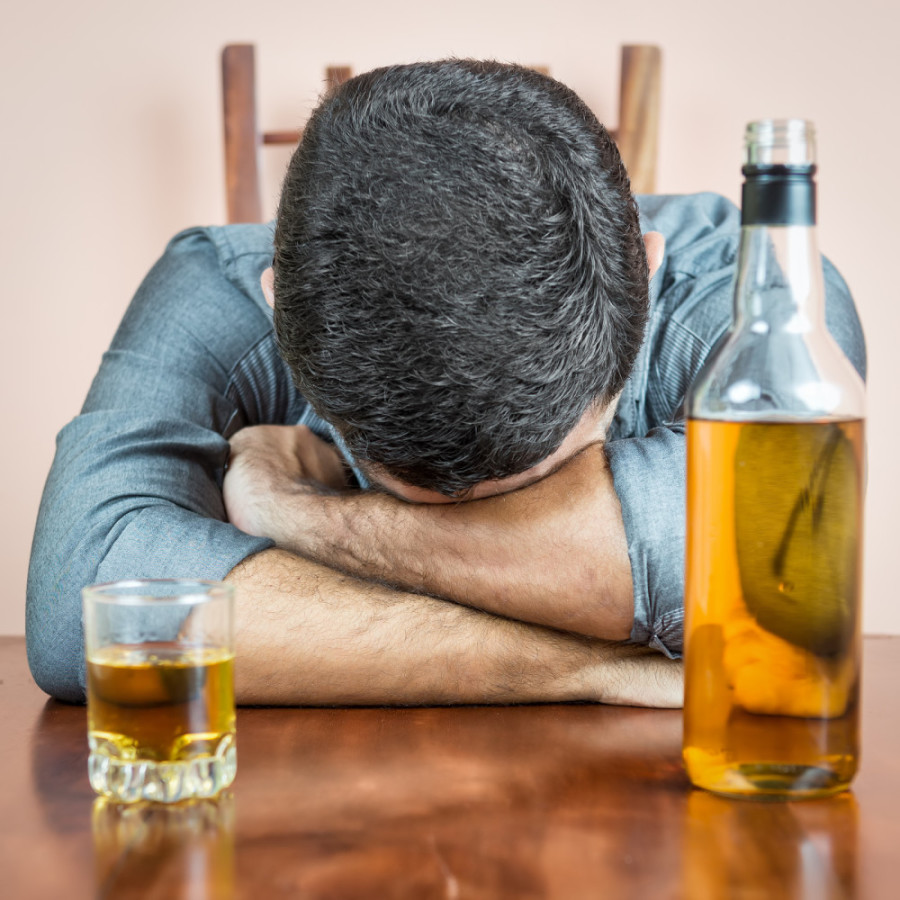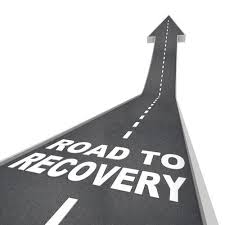Drug addiction uniqueness with all substances
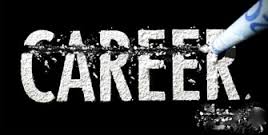
Drug addiction uniqueness with all substances is evident everywhere around us as it has ruined careers and lead to breaking of many families
Drug addiction uniqueness with all substances: Withdrawal effects to addiction patients
The reasons why controlling addiction is posing a great challenge to most communities is because of the drug addiction uniqueness attached to each substance of abuse. Doctor Dalal Akoury MD is not only the founder of AWAREmed Health and Wellness Resource Center but also a long serving professional in this discipline. She says that some drugs produce significant physical withdrawal like for example alcohol, opiates, and tranquilizers are some of the usual culprits. Some drugs produce little physical withdrawal, but more emotional withdrawal (cocaine, marijuana, and ecstasy). Every person’s physical withdrawal pattern is also different. You may experience little physical withdrawal. But that doesn’t mean that you’re not addicted, instead you may experience more emotional withdrawal. To help us understand this better we have listed below some key elements of withdrawal symptoms that explains drug addiction uniqueness. The first list is the emotional withdrawal symptoms produced by all drugs. You can experience them whether you have physical withdrawal symptoms or not. The second list is the physical withdrawal symptoms that usually occur with alcohol, opiates, and tranquilizers.
Drug addiction uniqueness with all substances: Emotional withdrawal symptoms
- Anxiety
- Restlessness
- Irritability
- Insomnia
- Headaches
- Poor concentration
- Depression
- Social isolation
Drug addiction uniqueness with all substances: Physical withdrawal symptoms
- Sweating
- Racing heart
- Palpitations
- Muscle tension
- Tightness in the chest
- Difficulty breathing
- Tremor
- Nausea, vomiting, or diarrhea
Drug addiction uniqueness with all substances: Dangerous withdrawal symptoms
From the various studies conducted both in the past currently, there is clear scientific evidence that alcohol and tranquilizers produce the most dangerous physical withdrawal. It therefore means that when patients all over sudden stop usage of alcohol or tranquilizers, the implication of that action can lead to seizures, strokes, or heart attacks in high risk patients. A medically supervised detox can minimize your withdrawal symptoms and reduce the risk of dangerous complications. The following are some of the dangerous symptoms of alcohol and tranquillizer withdrawal:
- Grand mal seizures
- Heart attacks
- Strokes
- Hallucinations
- Delirium tremens (DTs)
Finally we must all appreciate that drug addiction uniqueness and withdrawal from opiates like heroin and oxycontin can be extremely uncomfortable because of various reasons, nonetheless, that does not really mean that they are dangerous. However the danger will only come when they are mixed with other drugs. Remember that heroin withdrawal on its own may not produce seizures, heart attacks, strokes, or delirium tremens and may at time this actions can be quite challenging and therefore if you have any concern about the effects of drug addiction uniqueness and withdrawal symptoms effects to addicts, the right thing to do is to schedule for an appointment with the experts from AWAREmed Health and Wellness Resource Center under the able leadership of doctor Dalal Akoury today for further guidance and professional direction. This is very important because the consequences of not doing so could be life threatening and as they say, prevention is better than cure, choose the preventions and be safe.
Drug addiction uniqueness with all substances: Withdrawal effects to addiction patients
http://www.I-AM-I.com/wp-admin



